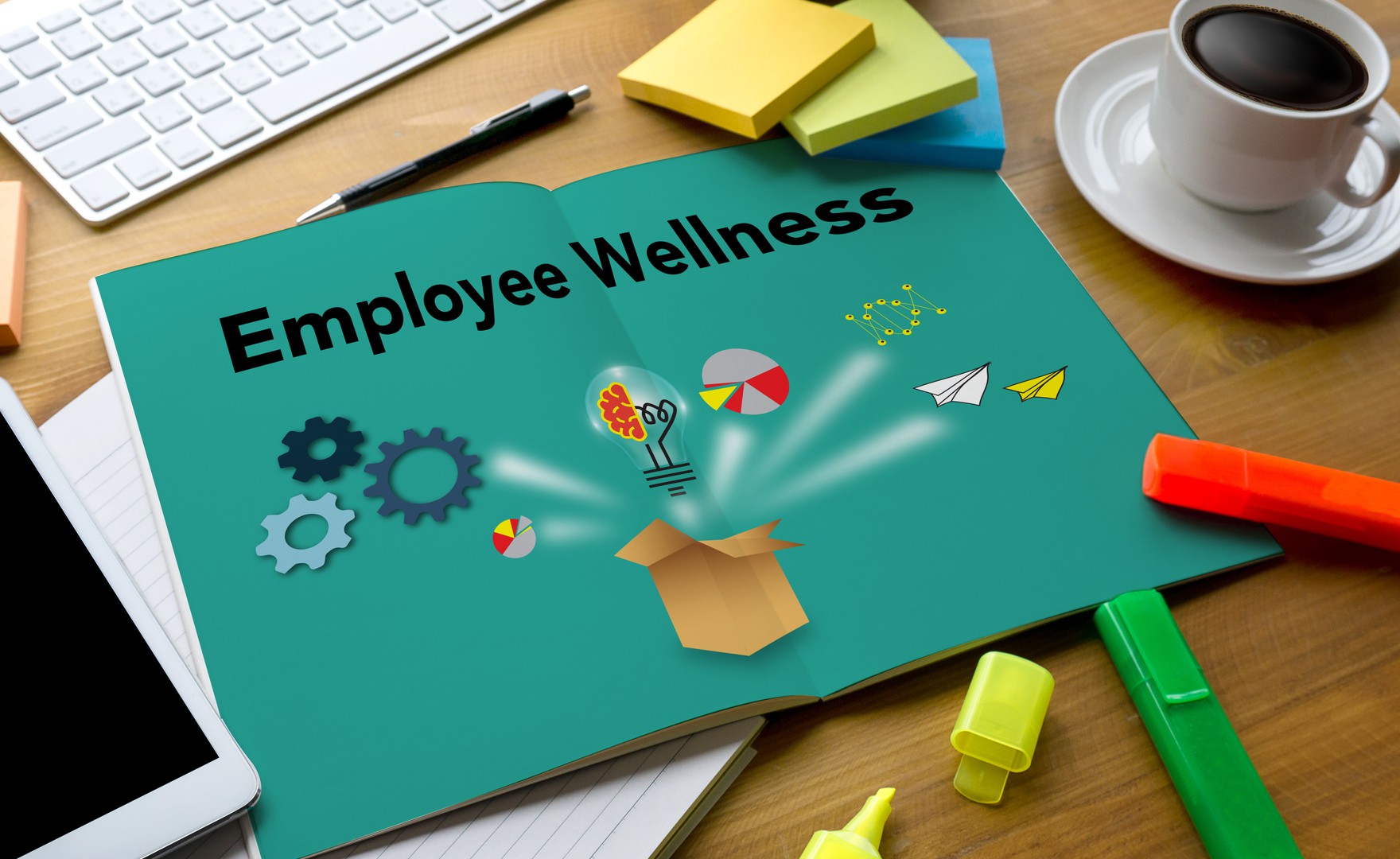The AoEC’s consultancy services are offered to organisations and feature a portfolio of tailored coaching based solutions and products that can serve to address a multitude of issues facing both large and small businesses today.
Now is time to prioritise mental health in the workplace
18th May by Lee Robertson
Reading time 3 minutes

There has undeniably been an amazing show of employers caring for their employees’ physical wellbeing since lockdown began, but we cannot lose sight of this as the rules begin to relax. There must also be a concerted effort to prioritise mental health as we start to get employees back to work.
Worries about health or money, concerns about juggling work with children still at home, a reluctance to travel on public transport and many more issues are merging and, in many ways, anxiety has become the new default setting. It is going to be vital that employers recognise that some employees will be struggling and will need reassurance and a little extra support to get back to somewhere near normal.
Anxiety: Uncertainty, no definite end date and the possibility of the challenge being long-term
Three things meld together to create anxiety – uncertainty, no definite end date and the possibility of the challenge being long-term. We are of course in a position where we do not know when the virus will be beaten but working life cannot remain on hold. The government has pressed go on its covid-19 recovery strategy with guidelines for working safely, but as a new survey by ENGAGE and YouGov shows, over half of UK workers are uncomfortable with the thought of coming back to work.
It means organisations will have to take a measured and individual approach. Having an effective wellbeing strategy in place will be crucial to the collective efforts to get the country back on its feet -economically and psychologically.
Wellbeing Strategy
One of the most constructive ways of getting people through times of uncertainty is to focus on what you can control. If we can eliminate uncertainty and unpredictability it helps to stop these acting as triggers to setting off anxiety or fear. We can also create routine and design our day. This gives a sense of normalcy, helps recovery and importantly helps shift your mindset to accept what is going on today that is outside of your control so you can work around it.
Those who have people management responsibilities need to be project optimism as well as be reliable and predictable. Clear, regular communication and consistency are central to keeping the workplace calm and steady. Organisations should be investing in ways of encouraging self-care and also mental health first aid training for line managers and team leaders where they can learn how to spot changes in behaviour, recognise emotions and know how to properly manage the situation so they can offer stability and reassurance amid the chaos.
Much of what we do next must hinge on what is now happening in our communities and social networks. The coronavirus has united us in deep vulnerability, but it has also made us better connected and more human than ever before. There must be a willingness to understand people as empathy, kindness and patience become new lodestars for management and people professionals.
Coaching Culture
The always-on culture that revealed huge gaps in our communication and a lack of time for each other could now be closed. We must instead focus on those around us and start to exercise more care in monitoring our colleagues and teams for signs of stress, burnout or worry. A culture built around open dialogue, listening, feedback and compassion will be far more effective in bringing out the best in our people and very telling when it comes to checking performance, productivity and engagement.
Many of these qualities and critical skills form the basis of a coaching culture and will serve business leaders well in ensuring the mental and physical health of their employees is not overlooked. Such an approach can help build the knowledge and ability to extinguish problems before they appear and are also invaluable in signposting the most appropriate course of action to take to aid recovery. Having a foundation of wellness with healthy habits in place can help make workers more resilient so they can deal with daily stressors more readily and easily.
As the Centre for Mental Health forecasts, at least half a million more people in UK may experience mental ill health as a result of Covid-19, which means stats such as 12.8 million working days being lost due to conditions such as stress, depression and anxiety will continue. We have a duty of care to ensure we are prioritising the whole wellbeing of our people and that means increasing understanding and concern about the human and economic costs associated with mental health problems and work.
Interview
Practitioner Diploma / "Coaching brings a structure and dynamism to my practice”
18th March 2025 by Lee Robertson
This month, we speak with Kaz Hazelwood, a practitioner who seamlessly blends coaching with psychotherapy, ecotherapy and continuing professional development…
Article
Managing discussions in leadership teams: how team coaching enhances effectiveness
25th March 2025 by Lee Robertson
Effective discussions are the foundation of a high-performing leadership team. When senior leaders come together, their conversations shape decisions, drive…
Book Review
Book review - Bee Wise by Philip Atkinson
3rd March 2025 by Lee Robertson
Philip Atkinson’s Bee Wise: 12 Leadership Lessons from a Busy Beehive is an eloquent, engaging and thought-provoking exploration of leadership…